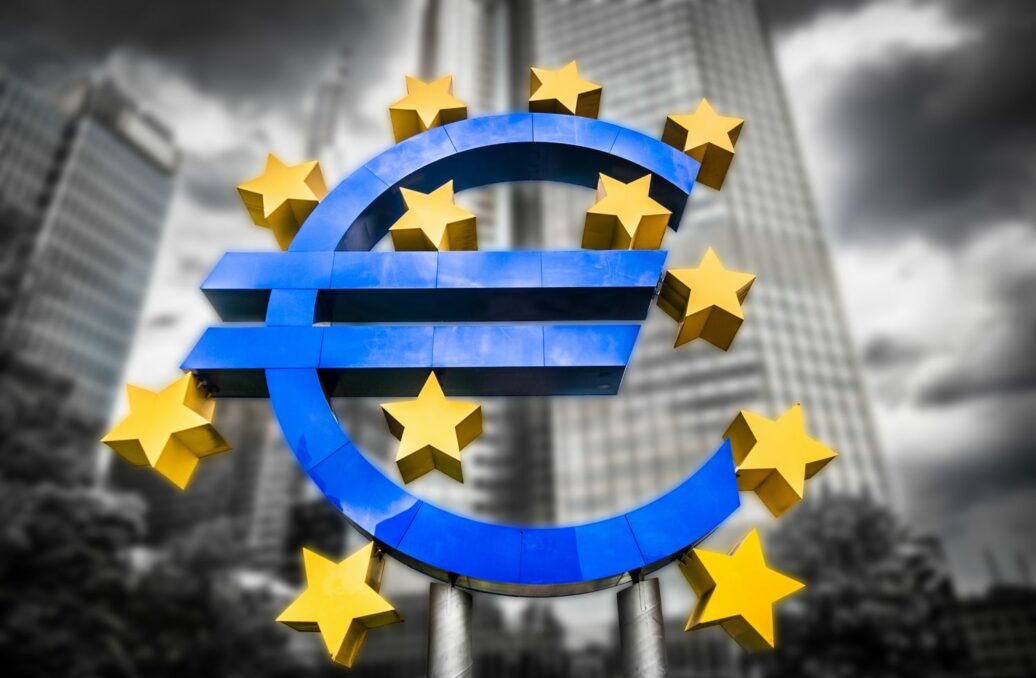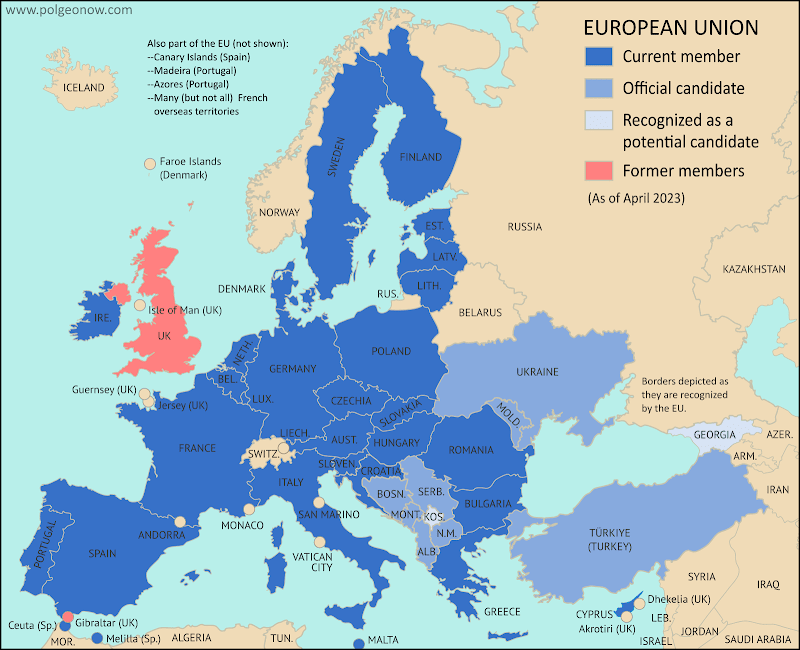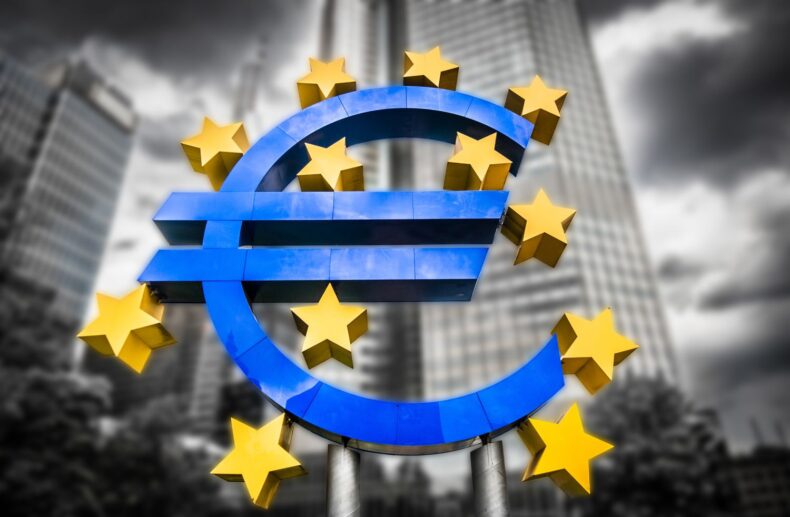
The EU will make the following significant stride on Wednesday towards sending off a virtual rendition of the euro, a questionable venture that has gone under assault from the general population, legislators and banks before it even exists.
From China to the US, Jamaica to Japan, many national banks overall are investigating or have proactively set up computerized monetary standards as electronic instalments overwhelm how individuals spend their cash and money utilization diminishes. The transition to make a computerized form of the single cash started in 2020 when European Central Bank (ECB) President Christine Lagarde recommended the idea and the Frankfurt-based body sent off a public meeting.
Computerized euro devotees say it will supplement cash and guarantee the ECB doesn’t leave a hole that could be filled by private, generally non-European, players and other national banks.
Banks warn of major risks and critics question the necessity of a digital euro, while the ECB’s study found that payment privacy concerns the public.
“That is not an adequate business case on the off chance that we are simply reproducing the current instalment foundation with the digital euro. “The digital euro gives off an impression of being an answer looking for an issue until further notice,” German MEP Markus Ferber told AFP.
A proposal that will serve as the legal basis for the ECB’s potential launch of a digital euro will be published on Wednesday by the European Commission, the EU’s executive arm. The 27 EU member states and the European Parliament must support the final law. The ECB is set to give the formal go-ahead to a computerized euro in October and the assumption is that it will be accessible from 2027 onwards.
Benefits ‘outweigh’ costs
As indicated by a draft proposition seen by AFP, the commission noticed the computerized euro’s “drawn out benefits… offset its expenses” and cautioned “the expenses of no activity might be exceptionally enormous”. The money would be accessible to people living in the Euro region and guests.
Lagarde contended in March during a board occasion that the computerized money was significant for versatility and to “protect European instalment independence”. A significant number of the methods for instalments are “not European”, she noted, adding it was “exceptionally unfortunate to depend on one single wellspring of instalment”.

U.S. monsters Visa and Mastercard at present overwhelm the worldwide card instalment market.
Her remarks are following the EU’s more noteworthy spotlight on carrying creation to Europe or closer to the coalition and getting away from depending on third nations.
Others contend, be that as it may, the EU’s arrangements mean something bad, particularly for banks. The European Banking Federation (EBF) cautioned in March of the “critical gamble for banks” as a result of the potential for bank runs as clients could hold their assets in computerized euro records and wallets, moving them from the banks’ accounting reports.
The draft proposition incorporates an arrangement that will restrict how much cash individuals can keep in computerized euros – – ECB authorities have recommended a cap of 3,000 euros ($3,300).
The commission additionally said the computerized money would be conceded “legitimate delicate” status, meaning it should be acknowledged as an instalment.
There will be special cases including for independent companies that acknowledge no type of computerized instalment, as indicated by the draft proposals.

Concern Of Privacy
The ECB has a troublesome fight to prevail over Europeans. A public conference showed that the main need concerning the computerized euro is protection.
To quiet individuals’ feelings of trepidation, the ECB has focused on whether it wouldn’t endeavour to control how individuals can spend the computerized money or use it for reconnaissance, as pundits guarantee is the situation in China.
In January, Fabio Panetta, a member of the ECB leaderboard, said that the ECB would not place any limitations on how, when, or to whom people can make payments using a digital euro.
In the draft text, the commission said the digital euro “will be planned to limit the handling of individual information by instalment administrations suppliers” and the ECB.













